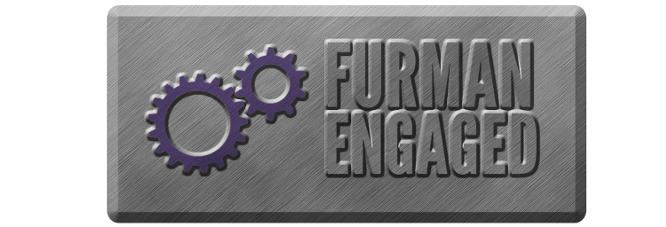Title
Sex differences in response to a high fat diet: astrogliosis
Department, Center, or Institute
Psychology
Secondary Department, Center, or Institute
Neuroscience
Presentation Format
Department Organized Oral Session
Presentation Type
On-campus research
Description
Obesity is an epidemic facing a third of the American population today. The rise in obesity has been accompanied by the rise in diseases such as heart disease, type 2 diabetes, and cancer. In addition, obesity contributes to low-grade inflammation that is pervasive throughout the body. Because this inflammation is also present in the brain, research focus has shifted in order to better understand the relationship between obesity and cognitive health. The present study will examine how the influences of sex and diet exposure affect astrocyte morphology in the cortex, hippocampus, and hypothalamus. Mice were divided evenly into four treatment groups: males on a low fat diet, males on a high fat diet, females on a low fat diet, and females on a hight fat diet. After 14 weeks of diet exposure, the brains were analyzed for astrogliosis using GFAP immunohistochemistry. No significant differences in cortical astrogliosis were observed for either sex or diet. In the hippocampus, females on the high fat diet experienced significantly more astrogliosis than females fed the low fat diet. In the hypothalamus, both females and males fed the high fat diet experienced significantly more astrogliosis than the females and males on the low fat diet. Our results indicate that both sex and diet play a role in astrocyte activation in the brain.
Department Organized Oral Session Title
Neuroscience Program Talks Session III
Moderator/Professor
Erin Wamsley, Psychology and Neuroscience
Session Number
3
Start Date and Time
4-9-2019 1:45 PM
Location
Johns Hall 208
Recommended Citation
Daly, Caroline, "Sex differences in response to a high fat diet: astrogliosis" (2019). Furman Engaged!. 387.
https://scholarexchange.furman.edu/furmanengaged/2019/all/387
Sex differences in response to a high fat diet: astrogliosis
Johns Hall 208
Obesity is an epidemic facing a third of the American population today. The rise in obesity has been accompanied by the rise in diseases such as heart disease, type 2 diabetes, and cancer. In addition, obesity contributes to low-grade inflammation that is pervasive throughout the body. Because this inflammation is also present in the brain, research focus has shifted in order to better understand the relationship between obesity and cognitive health. The present study will examine how the influences of sex and diet exposure affect astrocyte morphology in the cortex, hippocampus, and hypothalamus. Mice were divided evenly into four treatment groups: males on a low fat diet, males on a high fat diet, females on a low fat diet, and females on a hight fat diet. After 14 weeks of diet exposure, the brains were analyzed for astrogliosis using GFAP immunohistochemistry. No significant differences in cortical astrogliosis were observed for either sex or diet. In the hippocampus, females on the high fat diet experienced significantly more astrogliosis than females fed the low fat diet. In the hypothalamus, both females and males fed the high fat diet experienced significantly more astrogliosis than the females and males on the low fat diet. Our results indicate that both sex and diet play a role in astrocyte activation in the brain.

